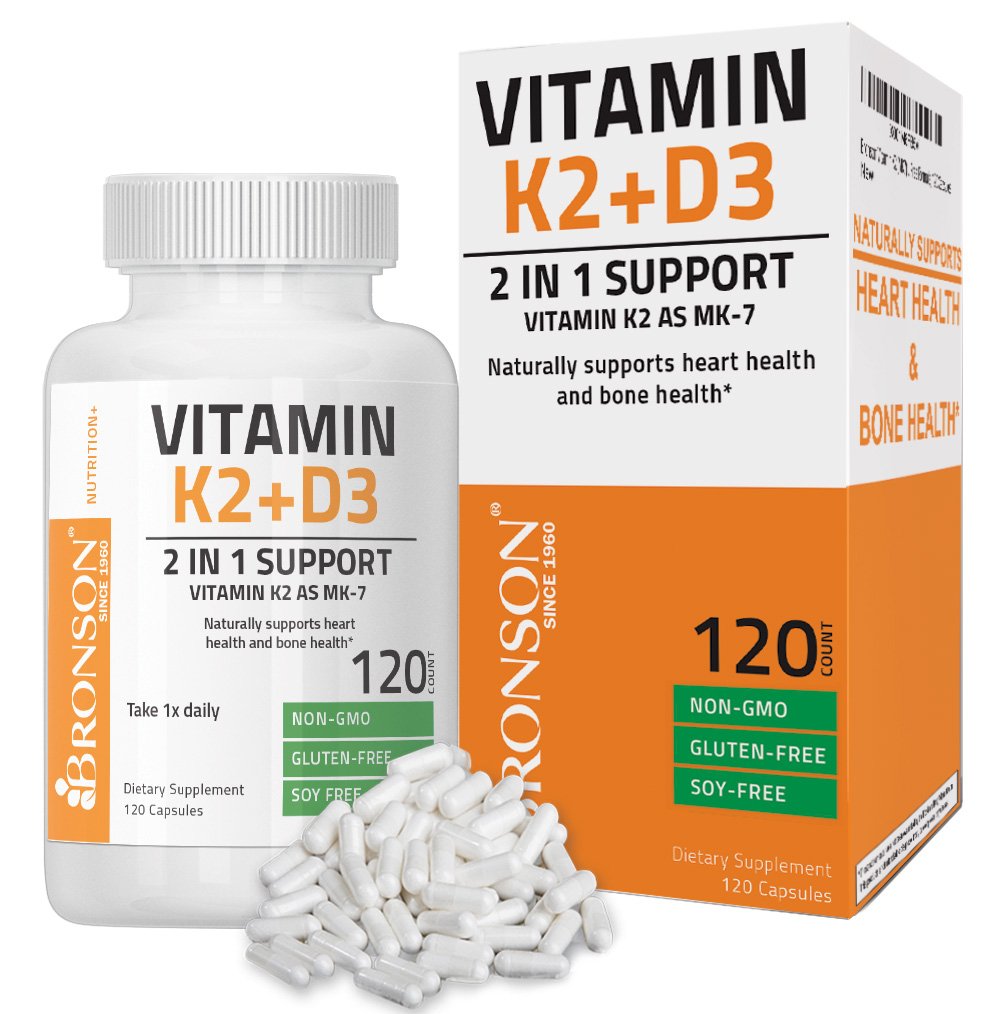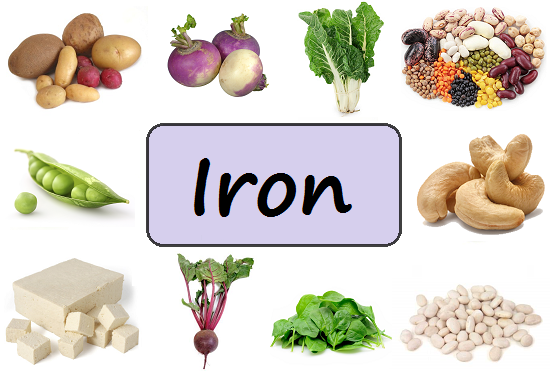Vitamin A is an essential nutrient that plays a crucial role in maintaining overall health and well-being. It is a fat-soluble vitamin, and it exists in two primary forms: retinol, found in animal products, and provitamin A carotenoids, found in plant-based foods. This versatile nutrient offers a wide range of benefits for various bodily functions. In this comprehensive guide, we will delve into the many advantages of vitamin A and explore how it contributes to the maintenance of good health.
Vision Health
One of the most well-known benefits of vitamin A is its role in supporting vision health. It is an integral component of the visual pigments in the retina, where it helps in the conversion of light into nerve signals that the brain interprets as images. Specifically, retinol is involved in the synthesis of rhodopsin, a protein that enables us to see in low-light conditions. Vitamin A deficiency can lead to a condition called night blindness, where individuals struggle to see in dim light or darkness. Consuming adequate amounts of vitamin A can help maintain optimal eyesight and prevent such vision-related issues.
Immune System Support
Vitamin A is essential for the proper functioning of the immune system. It plays a vital role in the development and differentiation of immune cells, such as T-cells, B-cells, and natural killer cells. Additionally, vitamin A is involved in the maintenance of the integrity of the epithelial cells lining the respiratory, gastrointestinal, and urinary tracts, which act as the body’s first line of defense against pathogens. By bolstering the immune system, vitamin A helps the body to fend off infections and diseases, reducing the risk of illness and supporting overall health.
Skin Health
The benefits of vitamin A extend to the health of our skin. Retinol, a form of vitamin A, is widely used in skincare products for its ability to promote skin cell turnover and collagen production. It aids in maintaining the skin’s elasticity and texture, reducing the appearance of wrinkles and fine lines. Moreover, vitamin A supports the regeneration of skin cells, which can be particularly beneficial for individuals dealing with skin conditions like acne, psoriasis, and eczema. However, it’s essential to strike a balance as excessive use of vitamin A derivatives in skincare can cause irritation or sensitivity.
Bone Health
Vitamin A contributes to maintaining strong and healthy bones by supporting bone growth and remodeling. It works in conjunction with other essential vitamins and minerals, such as vitamin D and calcium, to promote proper bone mineralization. Additionally, vitamin A helps regulate the activity of osteoclasts and osteoblasts, the cells responsible for breaking down and building bone tissue, respectively. By ensuring a balanced intake of vitamin A, individuals can help prevent bone-related issues, such as osteoporosis, as they age.
Reproductive Health
For both men and women, vitamin A is crucial for reproductive health. In men, vitamin A supports the production of sperm and ensures healthy semen production. In women, it is essential for fetal development during pregnancy, as well as maintaining the health of the reproductive organs. Adequate levels of vitamin A in pregnant women are vital for proper embryonic growth, reducing the risk of birth defects and supporting overall maternal health.
Antioxidant Properties
Vitamin A acts as an antioxidant in the body, neutralizing harmful free radicals that can damage cells and DNA. Free radicals are produced naturally as by-products of metabolism and can also be generated by exposure to environmental factors such as pollution and ultraviolet radiation. By neutralizing these free radicals, vitamin A helps reduce oxidative stress, which is associated with aging, chronic diseases, and certain types of cancer. The antioxidant properties of vitamin A contribute to the overall protection of cells and tissues, promoting longevity and well-being.
Heart Health
Studies have suggested that vitamin A may play a role in maintaining heart health. It has been associated with a reduced risk of cardiovascular diseases, such as heart attacks and strokes. Vitamin A helps maintain the integrity of the endothelial cells lining the blood vessels, promoting healthy blood flow and preventing the formation of plaque. Furthermore, it aids in the regulation of cholesterol levels and supports the normal function of the heart muscle. Consuming a balanced amount of vitamin A as part of a heart-healthy diet can contribute to a healthy cardiovascular system.
Conclusion
Vitamin A is a vital nutrient with numerous benefits for overall health. From supporting vision health to bolstering the immune system, maintaining skin health, promoting bone strength, and protecting against oxidative stress, its role in our well-being cannot be overstated. It is important to note that while vitamin A is essential for our health, excessive intake through supplementation can lead to toxicity. Therefore, it is best to obtain vitamin A from a balanced diet that includes a variety of foods rich in this nutrient, such as liver, fish, dairy products, eggs, carrots, sweet potatoes, spinach, and other leafy green vegetables. As always, it is recommended to consult with a healthcare professional or a registered dietitian for personalized advice regarding your specific nutritional needs.
- Sippin’ on Shrooms: My Flavorful Adventure with House of Shrooms’ Mushroom Drinks - July 29, 2024
- Benefits of Glucosamine Supplements - November 6, 2023
- Benefits of Reishi Functional Mushrooms: A Comprehensive Guide - November 6, 2023




